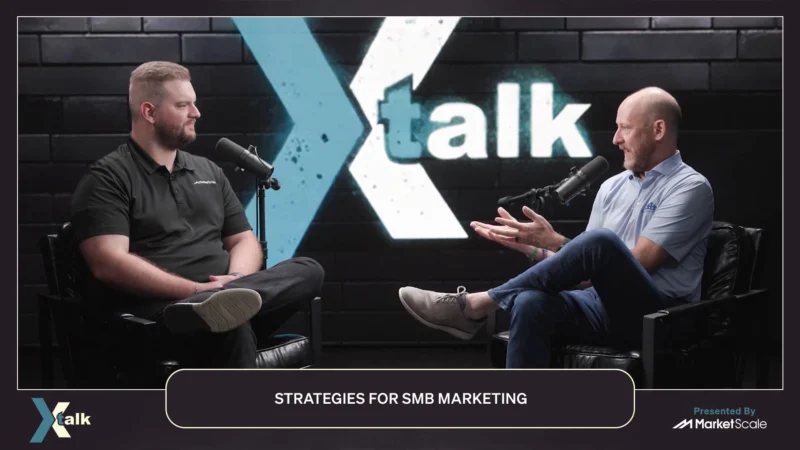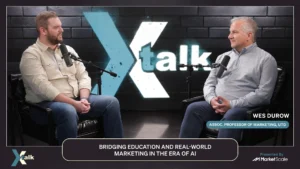Effects of the Sprint and T-Mobile Merger on Cell Tower Infrastructure
After extensive debate in the federal court, the merging of Sprint and T-Mobile has been approved. Within the telecom industry, this reduces key players to three large companies instead of four. Hugh Odom, President of Vertical Consultants, discussed with Marketscale host Daniel Litwin what this merger means for telecom infrastructure and consumers.
As Sprint and T-Mobile merge, the federal government is urging a fourth player in the industry to become a key player. Odom, along with other experts in the industry, believe the player will be Dish. However, Odom pointed out that Dish estimates it will take seven years to reach a competitive coverage rate of seventy percent. For consumers, this will likely mean less competitive carrier rates for several years.
Cell Tower companies may use the risk of this shift in the industry to seek lower rental rates from property owners leasing space to these companies. As a consultant, Odom explained that property owners should be aware of this issue, but that ultimately this change in the industry may be “one step back, a lot of steps forward because it opens up the market.”
Over the next few years, Odom expects the main focus of carriers to be on expanding 5G coverage. The current two main players in the industry, Verizon and AT&T, are already competing in this area, and Sprint and T-Mobile’s merged company will be competing as well. On this topic, Odom said, “5G will be fuel that drives the next explosion in the industry,” and outlined the challenges this will pose for property owners and municipalities.
For more on the merger, check out Business Casual
For the latest news, videos, and podcasts in the Software & Technology Industry, be sure to subscribe to our industry publication.









